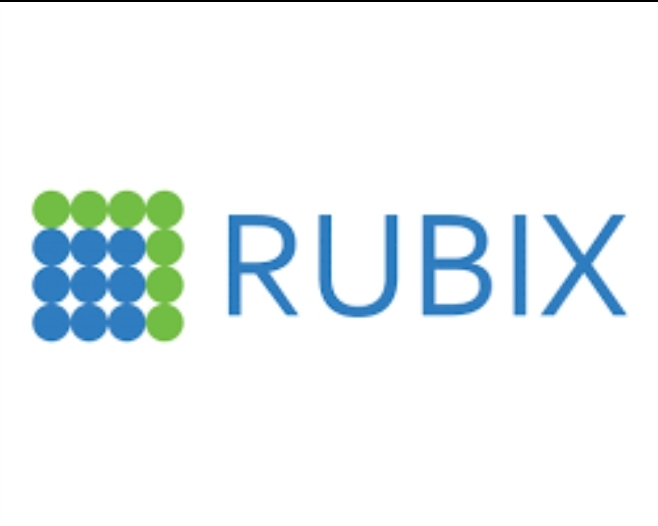India’s Technical Textiles Market Poised for Growth: A Customer-Centric Perspective
India’s technical textiles market, valued at $29 billion in FY2024, is experiencing transformative growth. The release of the Rubix Data Sciences report, coupled with Budget 2025 initiatives, marks a pivotal moment for businesses in this sector. As organizations navigate this evolving landscape, the importance of delivering exceptional customer experiences (CX) becomes more pronounced than ever.
The Role of CX in Technical Textiles Growth
Customer experience is no longer a supplementary focus—it’s a core driver of success. With India’s technical textiles market expanding rapidly, businesses must align product innovations with customer expectations. In a sector defined by innovation and adaptability, CX ensures that advancements in products resonate with end-users’ needs.
Technical textiles encompass a wide range of applications, from packtech to meditech and mobiltech. Each segment serves diverse customer bases with unique demands. For example, packtech dominates with a 44% market share, catering to industries seeking durable, high-performance materials. By leveraging CX insights, businesses can tailor solutions that address specific pain points in packaging durability, efficiency, and sustainability.
Innovations Driving CX
Advancements in technical textiles, such as energy-harvesting fabrics and adaptive clothing, directly enhance customer satisfaction. These innovations go beyond functionality, introducing convenience, comfort, and sustainability. Smart e-textiles, for instance, cater to fitness enthusiasts seeking real-time health monitoring. By embedding CX at the design stage, companies can ensure products meet evolving customer expectations.
Additionally, government initiatives like the PLI scheme and PM MITRA parks support businesses in creating high-quality, innovative products. However, the true differentiator lies in how these innovations are communicated and delivered to customers. Clear messaging, robust after-sales support, and user-centric design remain critical.
Transitioning to Customer-Centric Policies
Budget 2025’s emphasis on domestic manufacturing offers significant opportunities for businesses to realign operations with CX priorities. The increase in Basic Customs Duty (BCD) on knitted fabrics, for example, incentivizes local production. This not only reduces costs but also enables faster delivery timelines—an essential aspect of superior CX.
Tax breaks for textile machinery further enable manufacturers to upgrade facilities and adopt automation. These advancements streamline production processes, allowing businesses to meet customer demands more efficiently. Automation also minimizes defects, ensuring consistent quality—a cornerstone of positive customer experiences.
The Importance of Sustainability in CX
Sustainability is emerging as a critical factor in customer satisfaction. With increasing awareness of environmental issues, end-users prefer products that align with eco-friendly values. The Rubix report highlights innovations like biodegradable packaging and self-cleaning fabrics, which address these concerns. Businesses that prioritize sustainable practices demonstrate a commitment to their customers’ values, fostering brand loyalty.
Moreover, government-mandated quality control standards enhance the credibility of Indian technical textiles. Meeting these standards reassures customers about the reliability and safety of products, strengthening trust. Companies that actively communicate their adherence to such standards reinforce positive perceptions among their customer base.
Overcoming Challenges Through CX
While growth prospects are strong, the technical textiles sector also faces challenges. Rising competition, global economic pressures, and the need for continuous innovation demand a proactive approach. By placing CX at the forefront, businesses can differentiate themselves in the marketplace.
For instance, timely delivery is a recurring concern in the textiles industry. Through efficient supply chain management, supported by data-driven insights, companies can ensure on-time delivery. Rubix Data Sciences plays a crucial role in this by offering tools that enhance supply chain reliability and mitigate risks. A seamless supply chain directly impacts customer satisfaction, as delays or inconsistencies often result in negative experiences.
Leveraging Data for CX Excellence
Data-driven decision-making is revolutionizing CX in technical textiles. Rubix Data Sciences equips businesses with actionable insights into market trends, customer preferences, and risk factors. By analyzing this data, companies can anticipate customer needs and tailor offerings accordingly.
For example, understanding seasonal demands or emerging preferences in adaptive clothing enables businesses to optimize inventory. Data insights also help identify potential compliance issues, ensuring smooth operations that do not disrupt customer relationships. Businesses that leverage these tools demonstrate a proactive commitment to excellence, enhancing their reputation among customers.
The Way Forward: Balancing Growth and CX
As India positions itself as a global leader in technical textiles, businesses must prioritize CX as a strategic focus. Growth driven solely by innovation or government support is not enough; it must be balanced with customer-centric practices.
Investments in automation, smart materials, and sustainability should go hand-in-hand with efforts to improve communication, transparency, and support services. Organizations must consistently seek feedback and refine their offerings based on customer insights. In a competitive market, customer loyalty often depends on how well companies listen to and act upon their customers’ voices.
Conclusion
India’s technical textiles market, supported by Budget 2025 and fueled by innovation, presents immense opportunities for businesses. However, the key to long-term success lies in integrating exceptional customer experiences into every facet of operations.
From leveraging data for better decision-making to aligning with sustainable practices, businesses have multiple avenues to enhance CX. As the sector grows, those who prioritize their customers will undoubtedly stay ahead of the curve.
The Rubix Data Sciences report underscores the critical need for companies to adopt customer-centric strategies while navigating the evolving technical textiles landscape. By focusing on delivering value, innovation, and seamless experiences, businesses can establish themselves as trusted leaders in the industry.
In this era of rapid transformation, customer experience is no longer an afterthought. It is the foundation upon which successful businesses are built. Companies that align their growth strategies with the expectations and values of their customers will not only thrive in India’s burgeoning technical textiles market but will also set new benchmarks for excellence in a global context.

Let’s remember that while products may drive initial interest, exceptional customer experiences sustain lasting relationships. It’s time for the technical textiles sector to weave CX into its core fabric, ensuring a future that’s both innovative and customer-focused.
